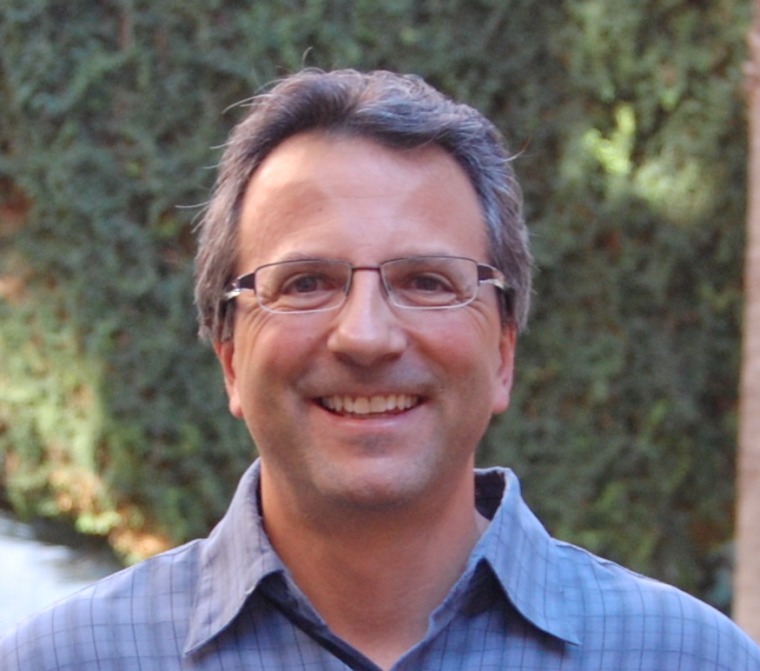JonChorover

1177 E. 4th St.
Shantz 429
PO Box: 210038
Tucson, AZ 85721
Links
Department Head and Professor, Soil/Water and Environmental Science
Professor, Hydrology and Water Resources
Professor, Public Health
Professor, Global Change - GIDP
Jon Chorover is Professor and Head, Department of Soil, Water and Environmental Science at the University of Arizona (UA). He received his B.S. (Environmental Science) from University of Michigan, and M.S. (Forest Science) and Ph.D. (Soil and Water Chemistry) from UC Berkeley, worked as an NSF postdoctoral fellow in Analytical Chemistry at University of Geneva, and was on the faculty of Penn State University before joining the faculty of University of Arizona. His research group explores the biogeochemistry of soil, sediment and water through laboratory and field-based experiments probed with advanced analytical chemistry techniques. Of particular interest is resolving how mineral-organic interactions influence the weathering of soils, the stabilization of organic carbon, and the speciation, mobility and bioaccessibility of pollutants. He directs a core analytical chemistry facility, the Arizona Laboratory for Emerging Contaminants (www.alec.arizona.edu) and serves as PI of the UA-led, NSF-funded Santa Catalina Mountains – Jemez River Basin Critical Zone Observatory (http://criticalzone.org/catalina-jemez/).
Teaching:
I teach undergraduate and graduate classes in Environmental Soil and Water Chemistry (SWES 462/562), Advanced Soil and Water Chemistry (SWES 563), and Molecular Biogeochemistry (SWES 568).

